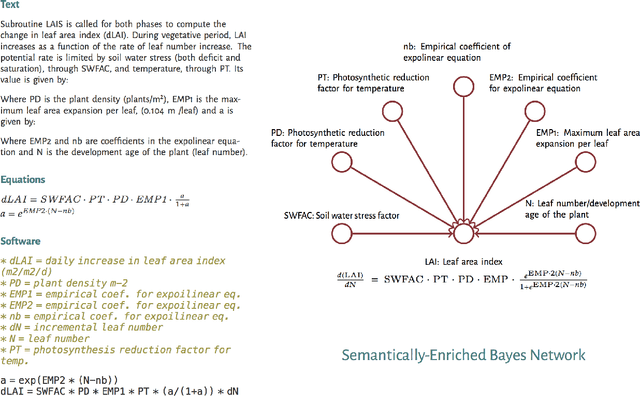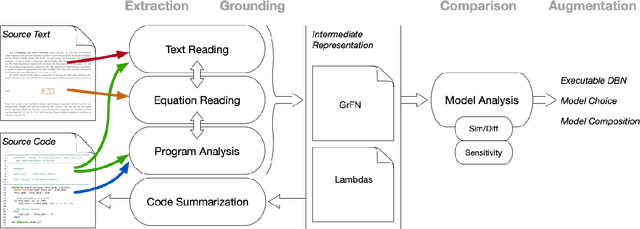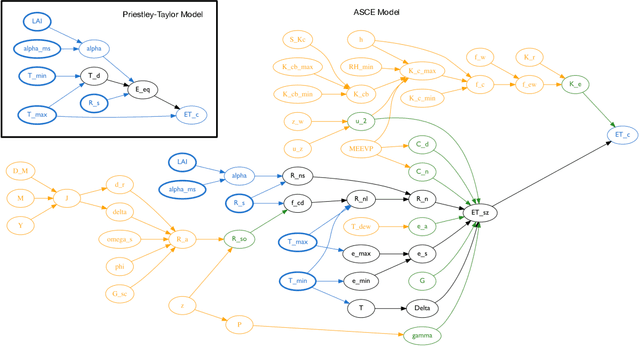Saumya Debray
Impeding LLM-assisted Cheating in Introductory Programming Assignments via Adversarial Perturbation
Oct 15, 2024



Abstract:While Large language model (LLM)-based programming assistants such as CoPilot and ChatGPT can help improve the productivity of professional software developers, they can also facilitate cheating in introductory computer programming courses. Assuming instructors have limited control over the industrial-strength models, this paper investigates the baseline performance of 5 widely used LLMs on a collection of introductory programming problems, examines adversarial perturbations to degrade their performance, and describes the results of a user study aimed at understanding the efficacy of such perturbations in hindering actual code generation for introductory programming assignments. The user study suggests that i) perturbations combinedly reduced the average correctness score by 77%, ii) the drop in correctness caused by these perturbations was affected based on their detectability.
AutoMATES: Automated Model Assembly from Text, Equations, and Software
Jan 21, 2020



Abstract:Models of complicated systems can be represented in different ways - in scientific papers, they are represented using natural language text as well as equations. But to be of real use, they must also be implemented as software, thus making code a third form of representing models. We introduce the AutoMATES project, which aims to build semantically-rich unified representations of models from scientific code and publications to facilitate the integration of computational models from different domains and allow for modeling large, complicated systems that span multiple domains and levels of abstraction.
 Add to Chrome
Add to Chrome Add to Firefox
Add to Firefox Add to Edge
Add to Edge